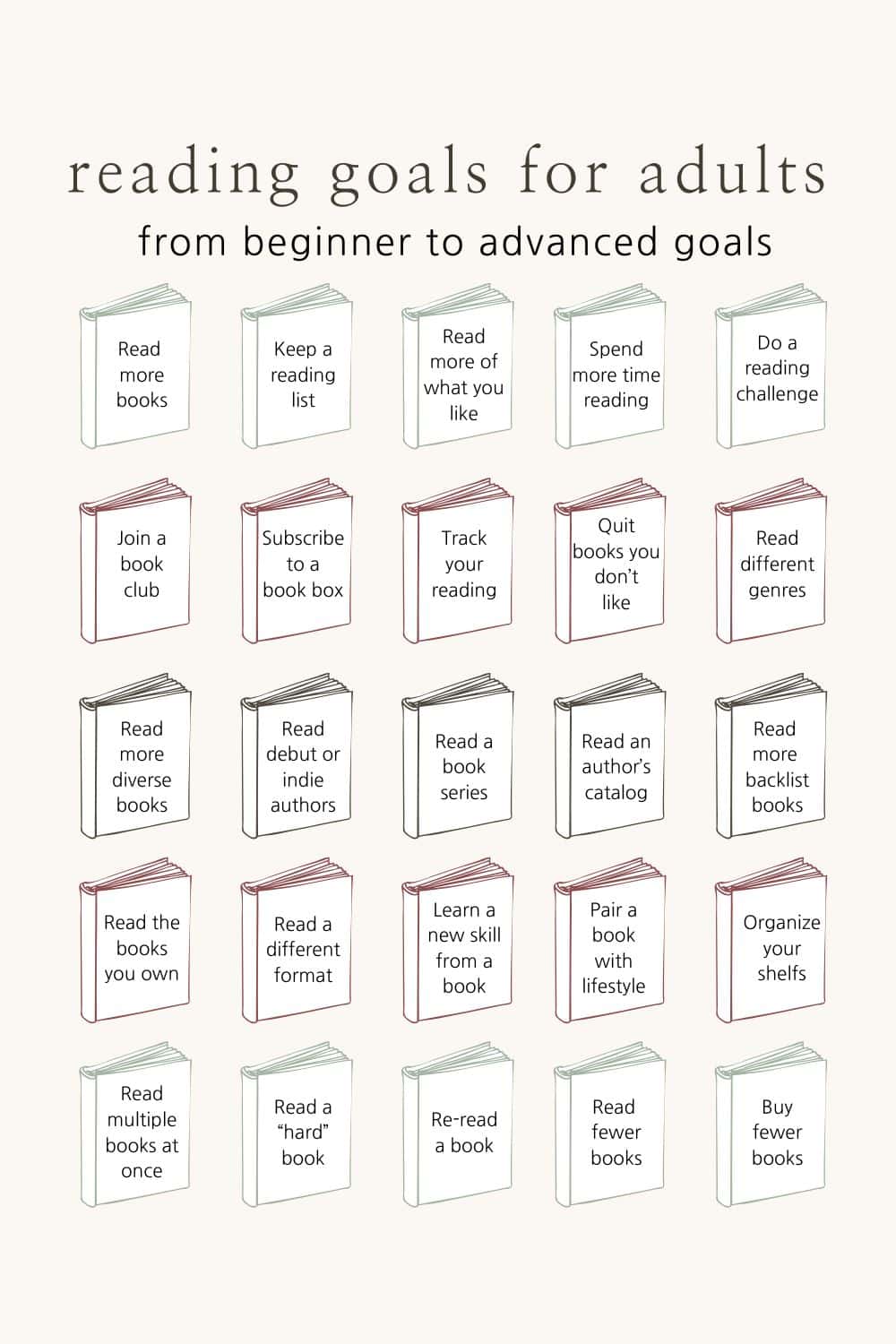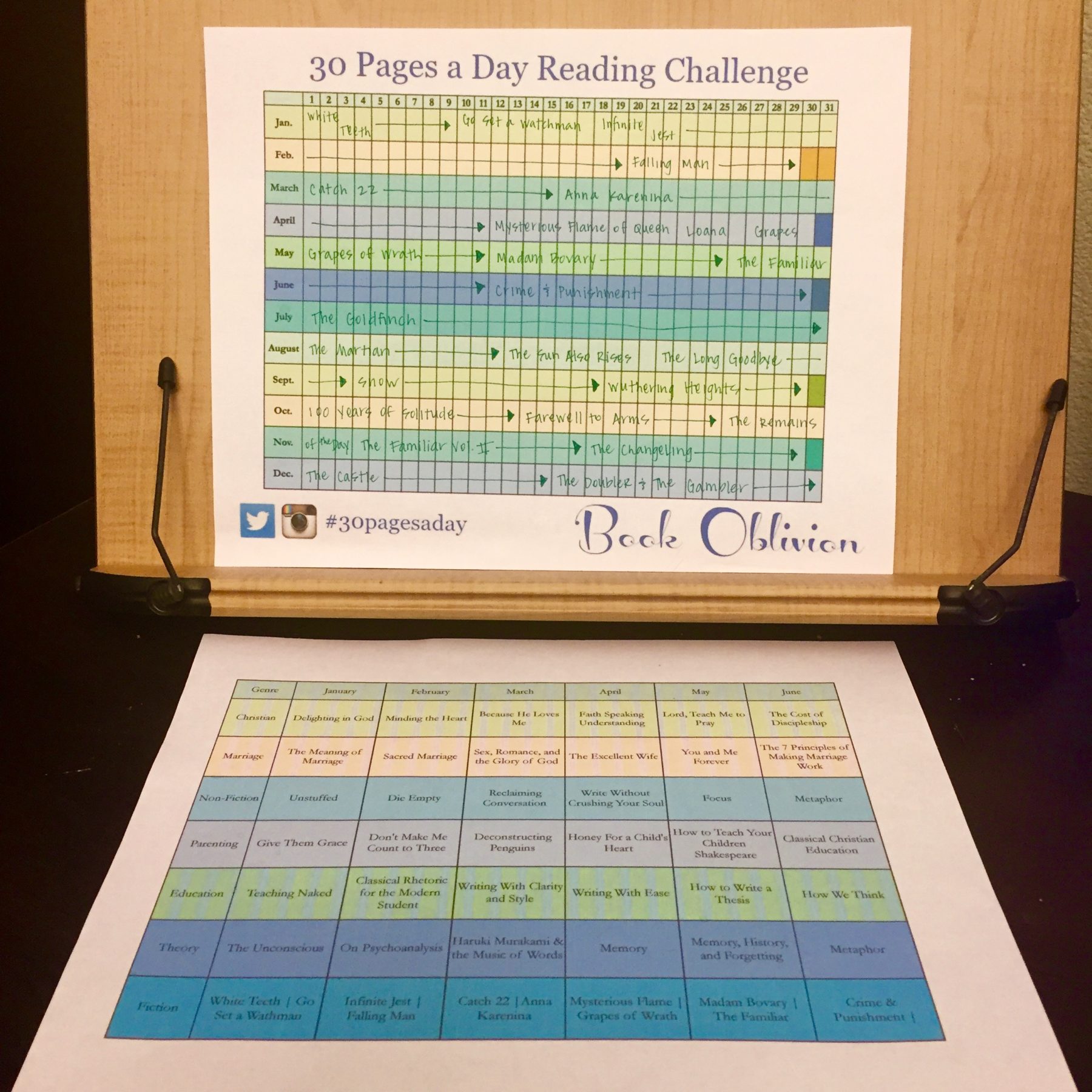Building a daily reading habit in your 40s+

Building a Daily Reading Habit in Your 40s+
As we navigate our 40s and beyond, life can become increasingly busy with work, family, and personal responsibilities. However, incorporating a daily reading habit into your routine can have profound benefits for your mental health, cognitive function, and overall well-being. This article will explore the importance of reading for middle-aged individuals and provide practical tips on how to build and maintain a daily reading habit.

Why Reading Matters in Your 40s+
Cognitive Health and Memory
Reading is a powerful mental exercise that can improve memory and cognitive function. As we age, our brains undergo natural changes that can affect memory and decision-making abilities. Engaging in regular reading helps stimulate the brain, enhancing short-term recall and maintaining cognitive health .1 .2.

Stress Reduction and Emotional Well-being
Middle age can be a time of significant stress due to career pressures, family responsibilities, and health concerns. Reading offers a unique escape, allowing you to immerse yourself in different worlds and perspectives, which can help alleviate stress and improve emotional well-being .3 .4.

Social Connections and Community
While reading is often seen as a solitary activity, it can also be a great way to connect with others. Joining book clubs or discussing books with friends can foster meaningful social interactions and a sense of community .2 .10.

Personal Growth and Learning
Reading exposes you to new ideas, cultures, and experiences, which can lead to personal growth and a broader understanding of the world. Whether you enjoy fiction, non-fiction, or self-help books, reading can inspire new perspectives and insights .3 .14.

Building Your Reading Habit

1. Set a Reading Goal
-
Define Your Objective: Decide what you want to achieve through reading. It could be reading a certain number of books per year, dedicating a specific amount of time each day, or exploring different genres.
-
Make It Achievable: Start with manageable goals. For example, aim to read 10-15 pages daily or dedicate 30 minutes each morning to reading .6 .9.

2. Create a Reading Schedule
-
Choose a Consistent Time: Pick a time that works best for you, such as first thing in the morning, during your lunch break, or before bed. Consistency helps make reading a habit .6 .9.
-
Schedule It: Treat reading as a non-negotiable part of your daily routine, just like brushing your teeth or taking a shower.

3. Make a List of Books
-
Explore Different Genres: Keep a list of books you want to read. This could include novels, biographies, self-help books, or any other genre that interests you .6.
-
Prioritize Variety: Mixing genres can keep your reading interesting and prevent boredom.

4. Use Technology to Your Advantage
-
E-books and Audiobooks: Utilize e-books or audiobooks if you prefer a more flexible reading experience. Audiobooks are great for commutes or workouts .6 .11.
-
Reading Apps: Apps like Goodreads can help you track your progress, find new books, and connect with other readers.

5. Create a Reading Environment
-
Dedicate a Reading Space: Designate a comfortable spot for reading, free from distractions. This could be a cozy corner in your home or a local library .11.
-
Make It Inviting: Ensure your reading space is well-lit and comfortable, with minimal distractions.

6. Join a Book Club or Find a Reading Buddy
-
Social Aspect: Engage with others who share your interest in reading. This can be a local book club, an online community, or a friend with similar tastes .2 .10.
-
Discussion and Motivation: Regular discussions can enhance your understanding of books and provide motivation to continue reading.

7. Be Flexible and Patient
-
Don’t Be Too Hard on Yourself: It’s okay to miss a day or two. The key is to get back into your routine as soon as possible .9.
-
Enjoy the Process: Focus on the joy of reading rather than feeling obligated to finish a book quickly.

Overcoming Common Challenges

Time Constraints
-
Use Spare Moments: Take advantage of short intervals throughout the day, such as during commutes or while waiting in line .13.
-
Prioritize: Make reading a priority by allocating time from other activities, like reducing screen time before bed.

Lack of Interest or Motivation
-
Experiment with Genres: Try different types of books to find what truly interests you .6.
-
Set Small Goals: Achieving small milestones can boost motivation and encourage continued reading.

Vision Problems
-
Audiobooks: Consider switching to audiobooks if vision issues make reading difficult .14.
-
Large Print Books: Many libraries offer large print books that can be easier on the eyes.









